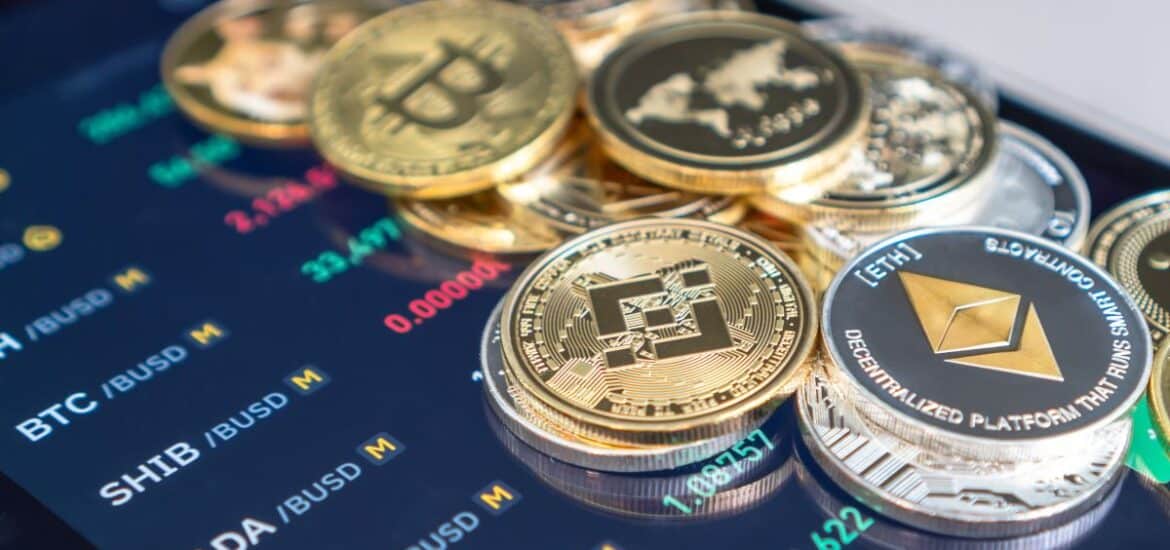For more than a decade, cryptocurrencies like Bitcoin and Ethereum have captured the imaginations and wallets of both experienced and novice investors. Because specific banks or governmental bodies don’t control cryptocurrencies and are decentralized, they have a Wild West reputation. If investing in crypto is something you’re considering, take the advice of those with experience in the market. It’ll save you money and headaches in the long run.
#1. Be An Informed Investor

Investors who are new to crypto need to educate themselves about the technology. This allows you to monitor your money without relying on others who may not have your best interests in mind. Many books, websites, podcasts, and YouTube videos are available free of charge to learn about crypto. Take advantage of those resources.
#2. Have A Realistic Plan

Once you’ve gotten up to speed on the technology behind crypto and how it works, don’t jump into buying it. Develop a comprehensive and realistic plan for how much you can comfortably invest, how often you want to buy, and how much you wish to earn. You may not earn enough to become wealthy, but it can provide you with funds for your future.
#3. Don’t Invest Over Your Head

Only buy as much crypto as you can afford at a frequency you’re comfortable with. That may be weekly, biweekly, monthly, or even quarterly. Treat your investment like a savings account; buying crypto in small amounts over time will add up. Rome wasn’t built in a day, and your investment portfolio won’t fully develop overnight.
#4. Be Disciplined About Your Earnings

When you see your crypto investment become increasingly profitable, it’s tempting to want to become a big spender and buy many things you dreamed of having. Try to be disciplined about your earnings and resist the urge to spend it. Save your profits for the future because you never know when you’ll need it.
#5. Be Vigilant
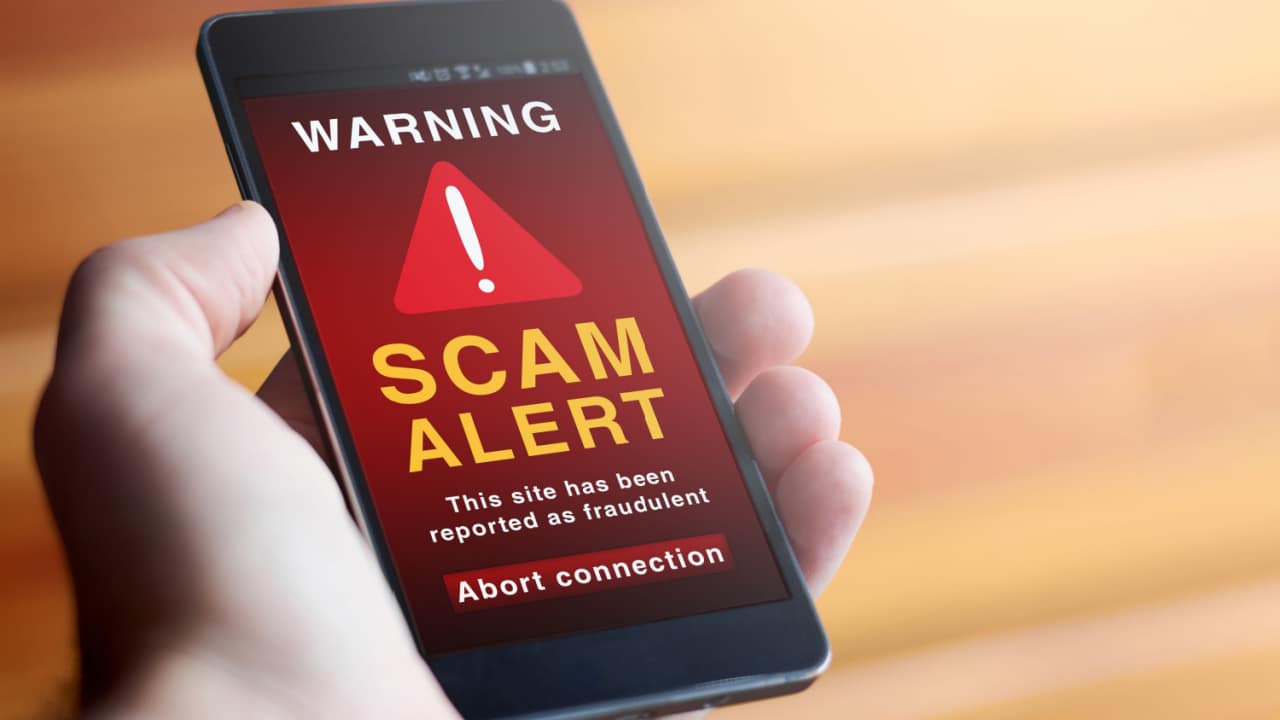
When buying and selling from a crypto exchange, expect to receive many direct messages from entities with all sorts of advertisements, investment advice, and offers. Be cautious and never click on the links sent to you in those messages. They are the tools scammers use to access and wipe out your account.
#6. Keep Learning

No matter how much you know about cryptocurrencies, it’s a rapidly changing landscape. There are many elements to crypto, and there’s always room to learn more. Not only will this knowledge help you with your current investments, but it can also aid with your decision-making on future crypto transactions. There’s no such thing as having too much information.
#7. Bear and Bull Markets

Bull markets indicate an economy that is growing. In contrast, bear markets show an economy that is slowing down. During bull markets, stocks tend to increase in value; in bear markets, stocks tend to lose value. Buy crypto during bear markets when the prices are down and realize profits during the bull markets.
#8. Diversify Your Investments
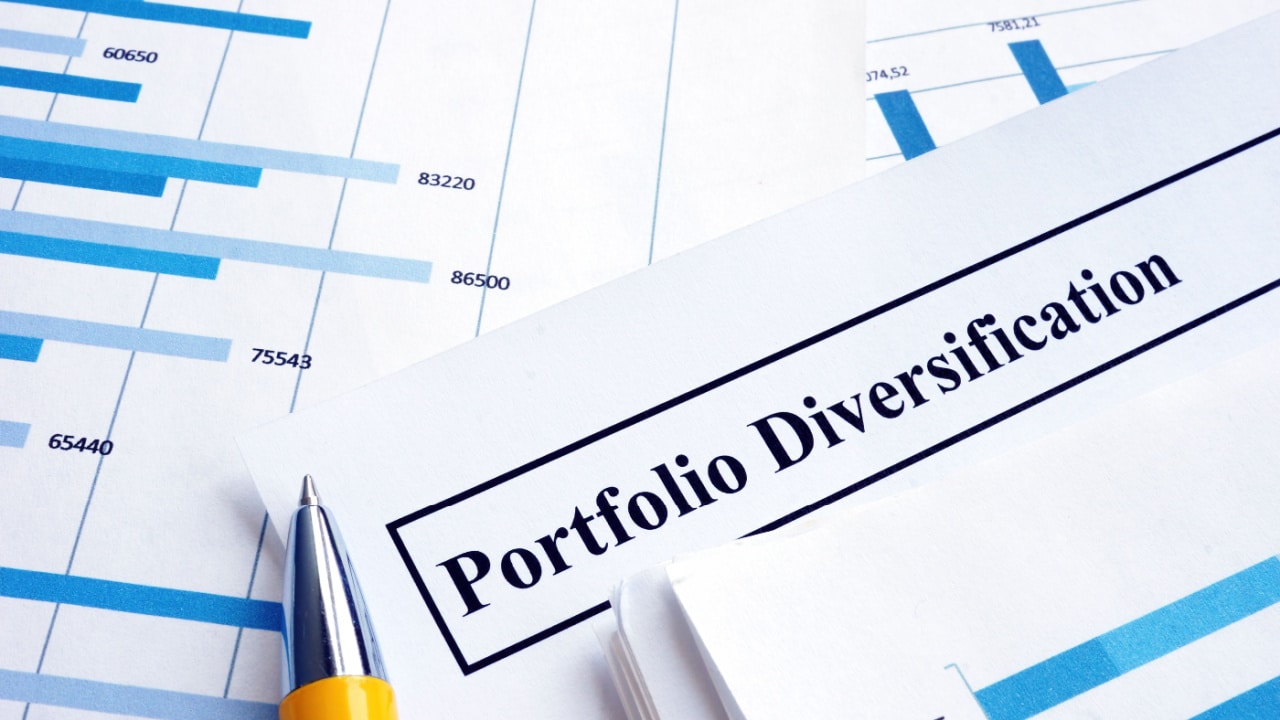
While it’s fine to invest in cryptocurrency if you choose, diversify your portfolio to include other types of investments, such as stocks, bonds, certificates of deposit, mutual funds, and high-yield savings accounts (HYSAs). A financial advisor can help you determine the best options for your circumstances.
#9. Secure Your Information
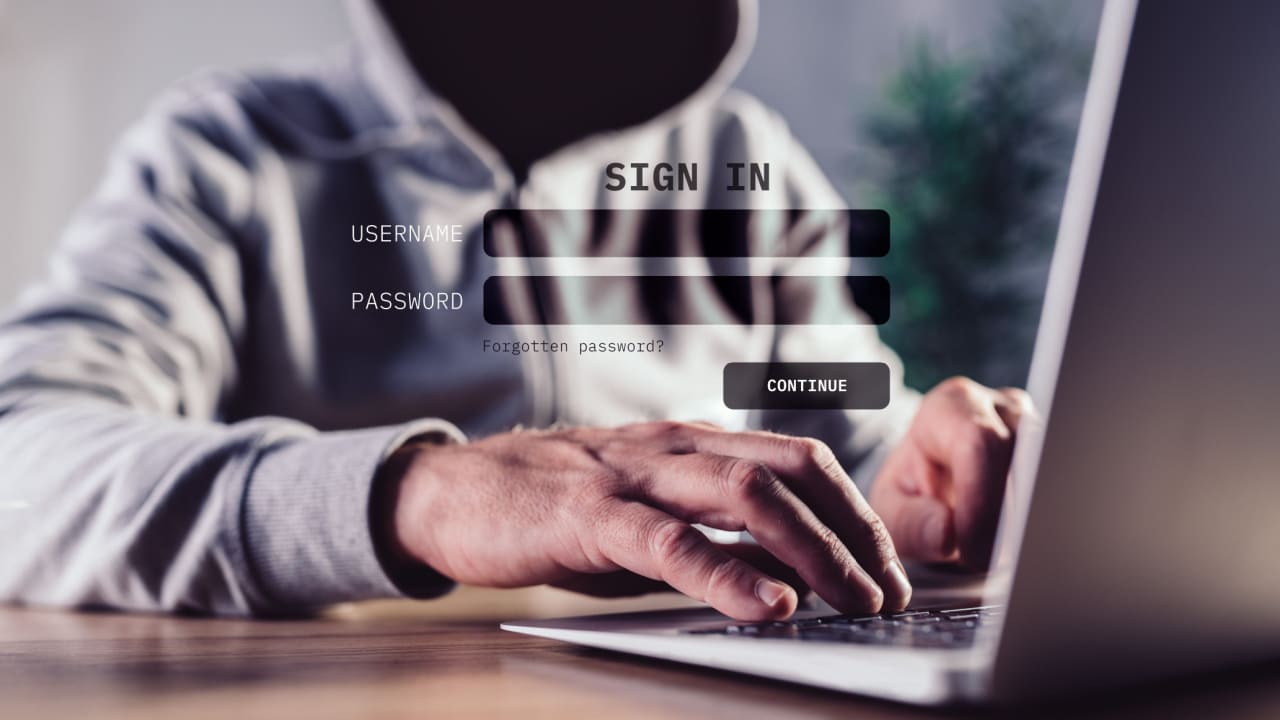
Because cryptocurrencies and exchanges aren’t regulated like banks and credit unions, there are a lot of scammers out there looking for any opportunity to steal your crypto without getting caught. To protect yourself, keep your information secure. Never share your passwords or other identifying data with anyone else, even if they claim to be from customer services. Once someone else has your info, they can access your account.
#10. Avoid Hot Wallets

Crypto wallets, also called keys, store your passwords. When your wallet is connected to the internet, it’s called a hot wallet. Hot wallets can be accessed in the cloud, from a desktop computer or a mobile device. Since hot wallets are digital, they can be hacked by malicious actors seeking to steal others’ cryptocurrencies.
#11. Buy a Cold Wallet
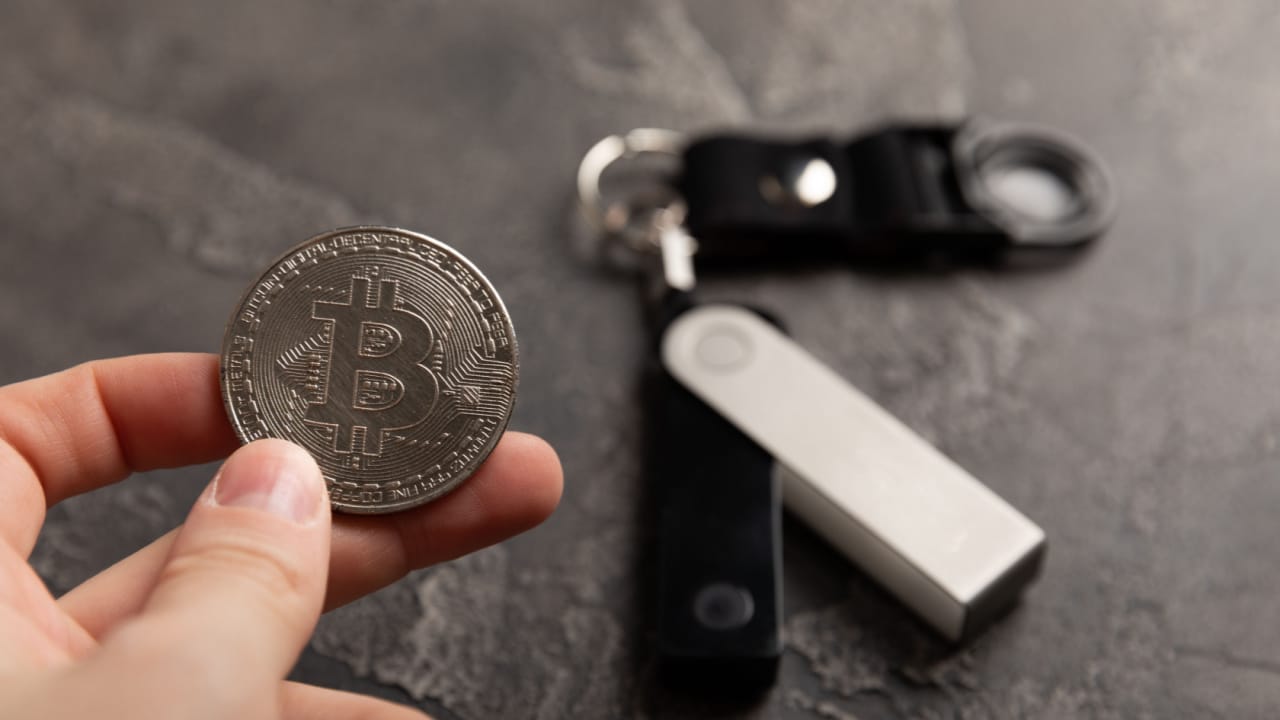
A cold wallet, also known as an offline or hardware wallet, is a physical device, like a flash drive, that stores a user’s crypto account passwords. It can be connected to a computer, allowing users to access their accounts. Because the cold wallet isn’t connected to the internet, it’s much more secure and can’t be hacked.
#12. Stay the Course

Cryptocurrencies have a well-deserved reputation for volatility. Investing in them isn’t for the faint of heart. If losing a lot of money makes you queasy, but you still want to try crypto, start by investing small amounts, and don’t get scared off by wild price fluctuations. It can be stressful, but keep calm and stay the course.
#13. Create Strong Passwords
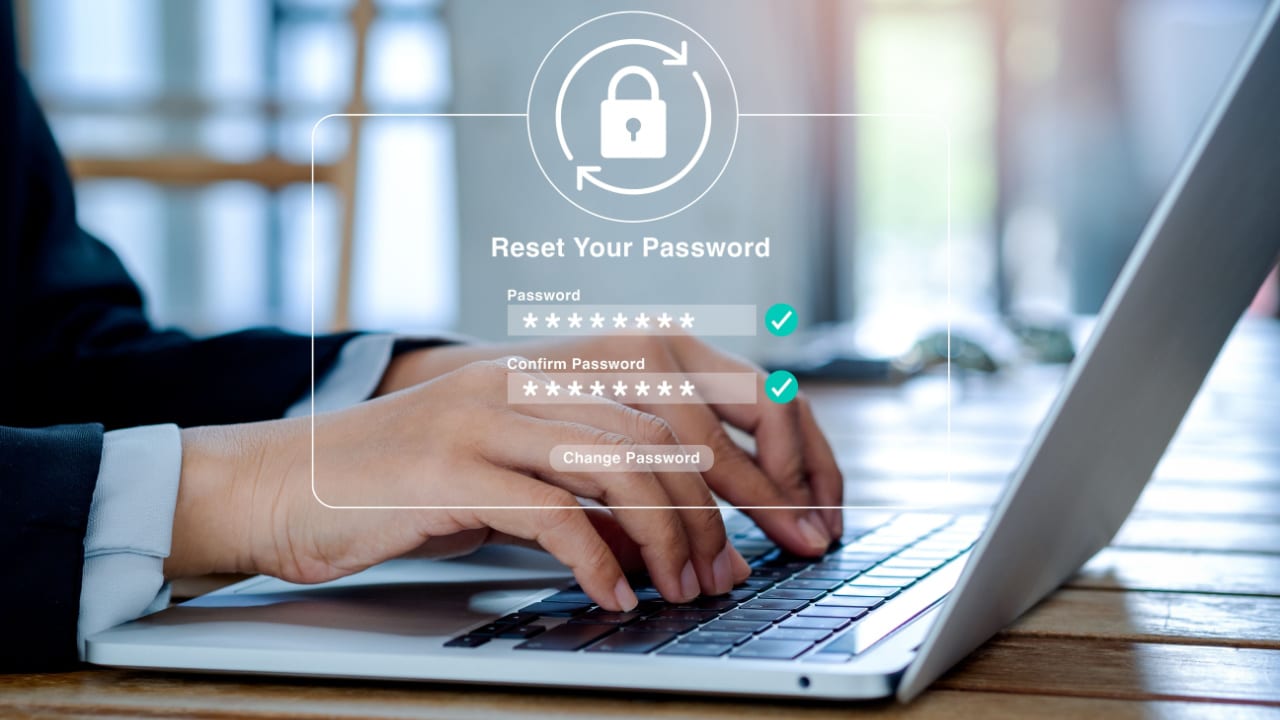
This advice applies to any online account, but creating strong, unique passwords that are hard to guess is key to protecting your crypto account. Regularly changing your passwords makes it harder for bad actors to guess them. Don’t use the same passwords for your crypto account that you use for other accounts.
#14. Find the Right Exchange
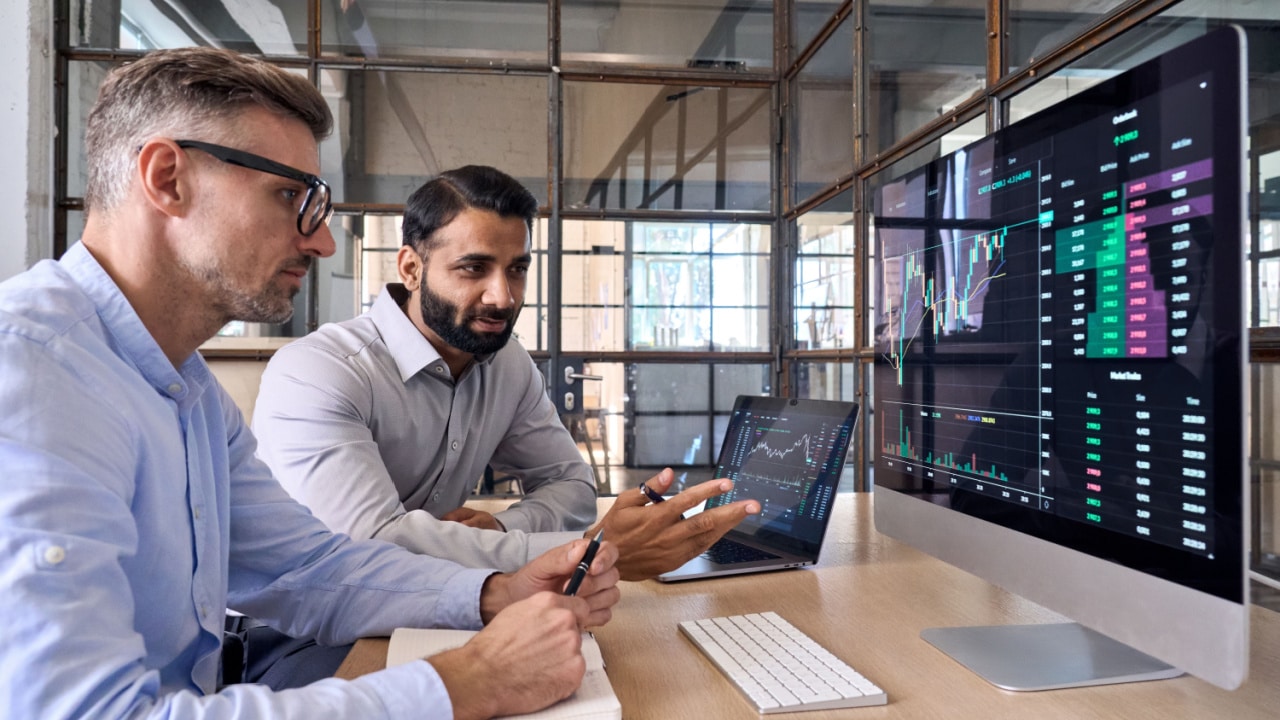
Cryptocurrencies are bought and sold on exchanges. These platforms vary in the fees they charge, the minimum investment amounts, and the offered perks. Some crypto exchanges are more user-friendly than others. Finding the one that adequately meets your needs and is easy to use is most important.
#15. Find a Crypto Advisor

Diving into the crypto market without the help and guidance of a professional is like driving with a blindfold on – things can go wrong rather quickly. A crypto advisor has the expertise to help you choose the crypto investments with the lowest risk. The advice of family, friends, and online communities may be well-meaning, but it’s no substitute for professional experience.
#16. Back-Up Your Crypto Wallet
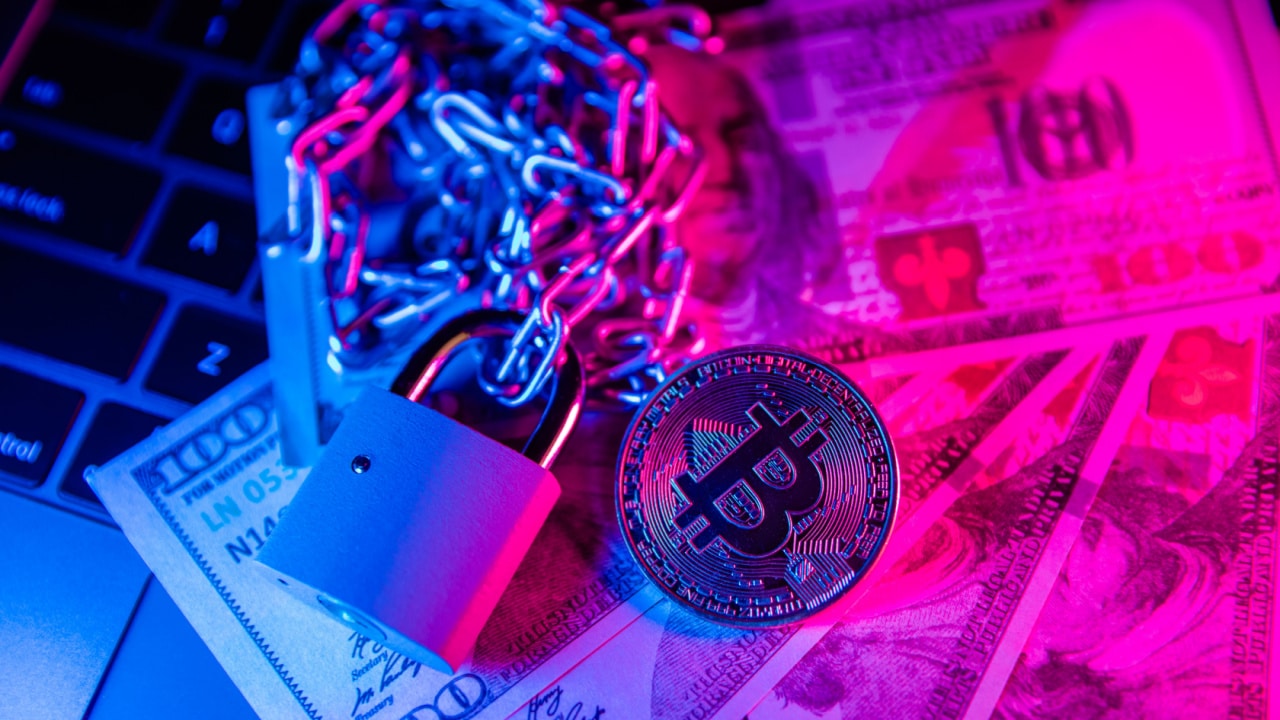
An added layer of protection for your crypto portfolio is to back up your wallet in the event of loss or theft. Use different backup methods, like using a seed phrase or a string of words similar to a password, copying the wallet file on a separate device, saving your keys in an external location, and creating a physical backup like a flash drive or even a notebook.
#17. Don’t Brag

Buying and selling crypto is exciting, with the potential for healthy profits if you can withstand the market’s volatility. You may feel like shouting from the rooftops that you’ve made a considerable profit, but doing so may only make you a target for hackers and other bad actors. As hard as it may be, it’s better to keep your good fortune to yourself.
#18. Avoid FOMO

If you decide to enter the crypto market, only do so because you genuinely want to, not because of FOMO (fear of missing out). Buying and selling cryptocurrencies isn’t for everyone. If it doesn’t interest you or the risks don’t outweigh the rewards, then there’s no shame in declining to participate. All that matters is your satisfaction with your investment choices.
#19. Be Wary of Price Predictions

There are a lot of crypto price forecasts out there, and you should be careful accepting them at face value. Predictions on whether the price of a specific cryptocurrency will go up or down and what price it will be in the future are speculation with more than a bit of manipulation to influence the market. Seek out the advice of a crypto advisor and stick to your plan.
#20. Don’t Use Crypto to Get Rich Quick

One of the most appealing features of trading in the crypto market is the potential for high rates of return on the initial investment. This doesn’t mean you’ll become a cryptocurrency millionaire overnight, if at all. The people with the most profitable crypto portfolios started with a lot of money. Go into the market with realistic expectations, and you won’t be disappointed.
21 States Where Squatters Can Legally Claim Your Property

Discover how squatters’ rights, or adverse possession, are more than just legal jargon—they’re stories of unexpected twists in the world of real estate. From sunny California to the historical landscapes of Pennsylvania, here’s how these laws could turn the tables on homeowners and squatters alike. 21 States Where Squatters Can Legally Claim Your Property
14 Things That Are Banned in the U.S. but Totally Fine Elsewhere

Ever feel like America’s rulebook was written by someone with a dartboard? Across the pond or down under, things get even wackier. Let’s take a walk on the wild side of global “Do’s” that are definite “Don’ts” in the Land of the Free. 14 Things That Are Banned in the U.S. but Totally Fine Elsewhere
25 American States Nobody Wants to Visit Anymore

Across the United States, some states capture the hearts and itineraries of many, while others remain quietly on the sidelines, overshadowed or misunderstood. These 25 states, facing what you might call a popularity crisis, are brimming with hidden wonders, cultural riches, and natural beauty, awaiting those willing to look beyond the usual tourist trails. 25 American States Nobody Wants to Visit Anymore
20 Foods That Are Cheaper to Eat Out Than Making at Home

In a world where convenience often wins, certain culinary delights come with a lower price tag when enjoyed at a restaurant rather than crafted in your own kitchen. Here are twenty foods that might save you both time and money when indulged in at your favorite eatery. 20 Foods That Are Cheaper to Eat out Than Making at Home
17 Things You’re Paying For, but You Don’t Have To

In the land of the free, there’s a price tag on everything, but savvy Americans know better than to open their wallets for just anything. Here are 17 expenses you’ve been shelling out for without realizing there’s a cheaper or even free alternative. 17 Things You’re Paying For, but You Don’t Have To
The post Mastering Crypto Investments: 20 Must-Know Tips for Success first appeared on From Frugal to Free.
Featured Image Credit: Shutterstock / Chinnapong.
The content of this article is for informational purposes only and does not constitute or replace professional financial advice.
